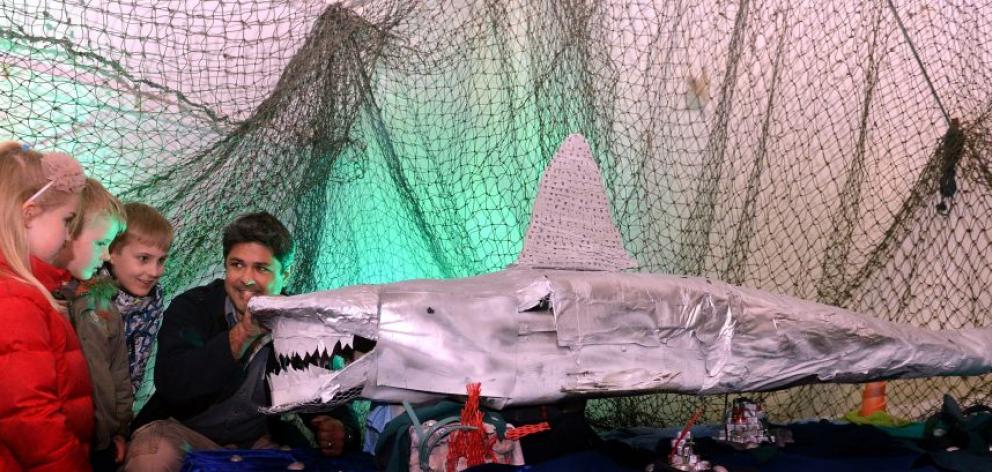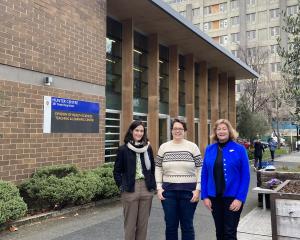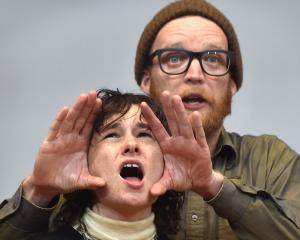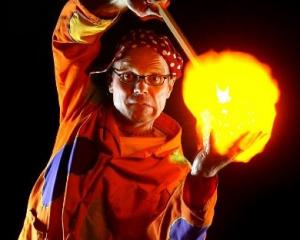
The ninth and latest of the Dunedin-based festivals ended yesterday, having offered attractions as diverse as a ''why sharks matter'' competition, the ''science of whisky'' and smashing a world record for firing potatoes at great speed from a spud bazooka.
Having begun on July 5, the latest festival ended in the upper
harbour with a marine science day, titled ''fish and ships'', led by the University of Otago.
Visitors heard talks yesterday at the Custom House Restaurant, took part in shark-related competitions and question and answer sessions and workshops at a nearby warehouse, and could also step aboard the university's research vessel Polaris II, which was moored nearby.
Talks were also given by research specialists, including Malcolm Francis, of the National Institute of Water and Atmospheric Research, and marine explorer and documentary film-maker Ryan Johnson.
Festival organisers said greater use had been made this year of festival venues outside the university, including the Otago Museum, and this was helping to ''bring science to the community''.
There had been more events overall, and organisers of a two-day science expo at Otago University said more academic departments had taken part.
Festival director Chris Green said final attendance numbers had yet to be collated, but the week's activities had been popular and thousands of people had attended.
And the festival had ''reached a wide range of audiences with an increased focus on teenagers''.
Festival organisers had also worked to create location-based events. Science demonstrations were held in the Wall Street mall, and children's workshops in libraries and other locations around the city.
The festival had helped celebrate science and cement Dunedin's reputation as a city of learning and discovery.
More than 120 events were staged during the festival, 90% of them being offered free of charge.











